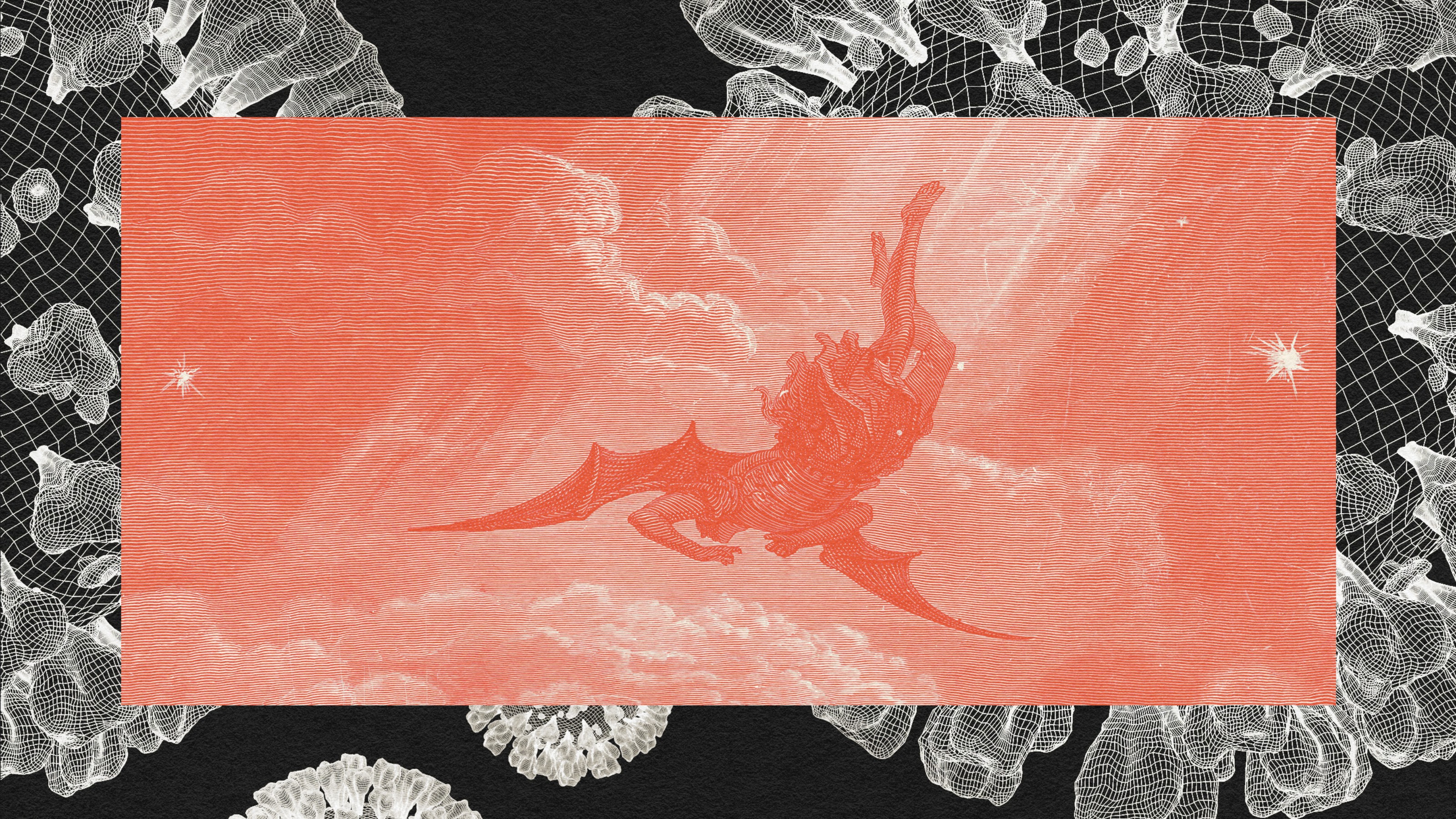At the Heartland and Discovery Institutes, a Shared Rhetoric
In a segment set to air on BBC/PRI’s The World tomorrow, I offer my observations about the communication strategy of The Heartland Institute. The Chicago based think tank seeks to frame climate change in a way that is consistent with their free market ideology and mission.
Here’s my analysis:
In seeking to bend science to fit with their preferred policy goals, the Heartland Institute (HI) chooses as a rhetorical bedfellow the Discovery Institute (DI), the think tank that brought us the public relations campaign against the teaching of evolution in schools. Not a bad choice strategically. After all, if you can successfully challenge the theory of evolution, you can challenge almost anything in science, no matter how overwhelming the evidence might be against you.
Consider the language used to describe this week’s conference. HI talks about the “theory that human activities are causing a potentially catastrophic warming of the Earth’s climate,” playing on the colloquial interpretation of “theory” as a hunch, a conjecture, or guess rather than a comprehensive explanation confirmed over time by an overwhelming body of evidence.
While manufacturing a scientific controversy where there is none, HI also moves to promote the public accountability frame, arguing that scientists, news organizations, and liberal elites like Al Gore, Hollywood, and the UN are censoring rival ideas. Sound familiar? It’s the exact “teach the controversy” train of thought that DI has used for so many years. And linked on Drudge this morning, now HI spokespeople are even appealing to the courts to step in to expose the “climate change hoax and fraud.”
There you go. There’s the anatomy of the HI framing strategy. Just like the Discovery Institutes’ PR campaign against evolution, HI has laid an elaborate rhetorical trap for science. As long as you keep arguing the science, responding to their claims of uncertainty, you keep discourse locked in their preferred paralyzing mental box. (UPDATE: RealClimate has this post from January on some of the PR planning and cash incentives that went into the conference.)
In this case, just like with evolution, sometimes the best way to respond is to not focus on the science. Instead, shift the train of thought for the public. Reaffirm the overwhelming scientific agreement from US organizations such as the National Academies, the American Association for the Advancement of Science, the American Geophysical Union, and now even the Bush White House. But then quickly shift frames of reference, discussing the moral and religious duty to take action, the missed opportunity for economic growth and technological development if we don’t act now, and the public health threat to children, elderly, and the most vulnerable in our cities from increased rates of asthma, allergies, and deaths from heat stroke.
(Unfortunately because the IPCC is linked to the UN and now forever historically by way of the Nobel Prize to Al Gore, for many American audience segments its scientific authority is trumped by a liberal label and brand. This makes reference to US science organizations as probably better examples to use strategically.)
***
At Dot Earth, the NY Times Andrew Revkin offers his insights on the difficulties of a journalist forced to cover the two extreme edges of climate discourse. Since bias is often in the eye of the beholder, especially among partisans most committed to an issue, Revkin gets hit with criticism from both tail ends of the extreme edges of the bell curve of opinion on climate change.
In communication research, we call this the Hostile Media Effect. First observed relative to coverage of the Palestinian-Israeli conflict during the 1980s, in experiments, across issues when the content of news coverage remains constant, subjects recruited from opposing extreme sides of the issue view the same content as biased against their position.
Since scientists are human, they are also subject to the hostile media bias, with experiments finding this effect for scientists in coverage of animal experimentation and genetically modified foods. In short, the more intensely you feel about an issue, the more likely you are to believe that news coverage is slanted against your cause. David Roskos Ewoldsen at the University of Alabama is currently doing research on climate change and the hostile media effect and it will be interesting to read his results when they are published.




